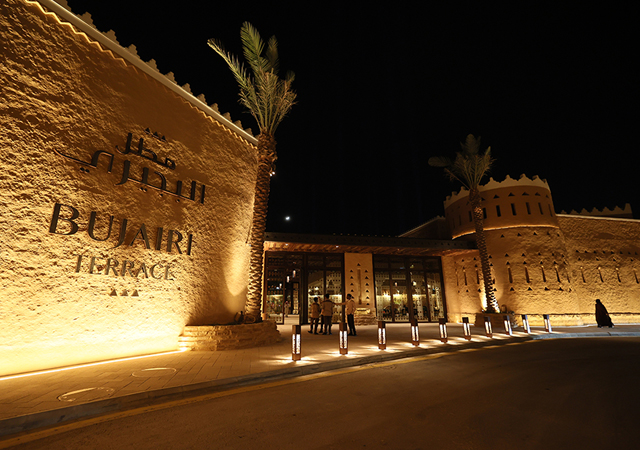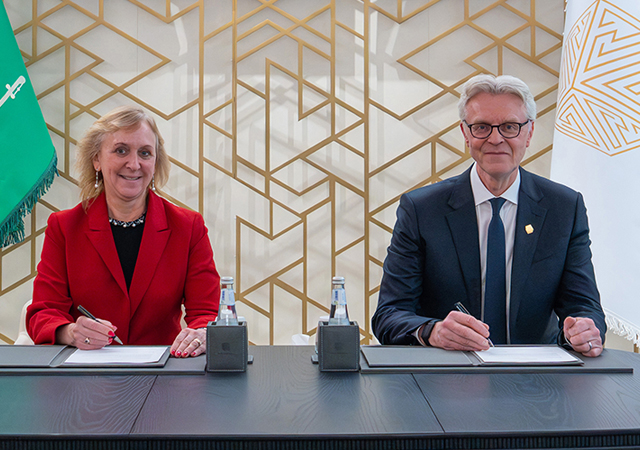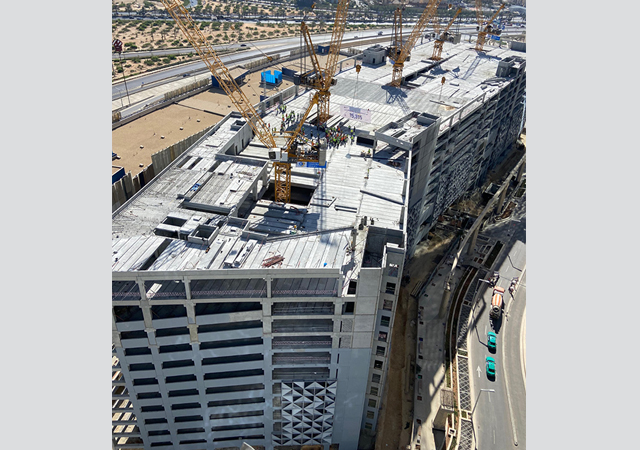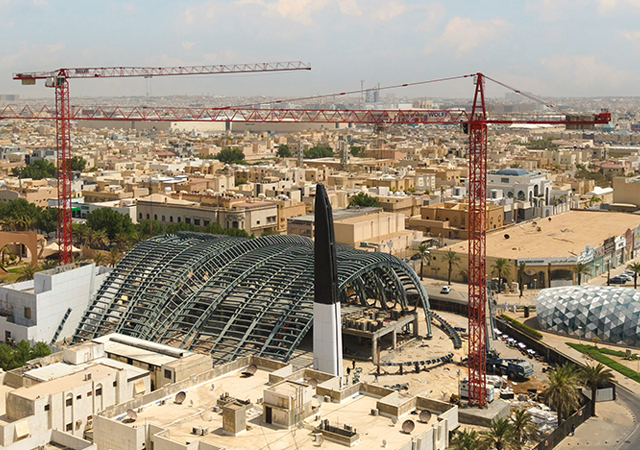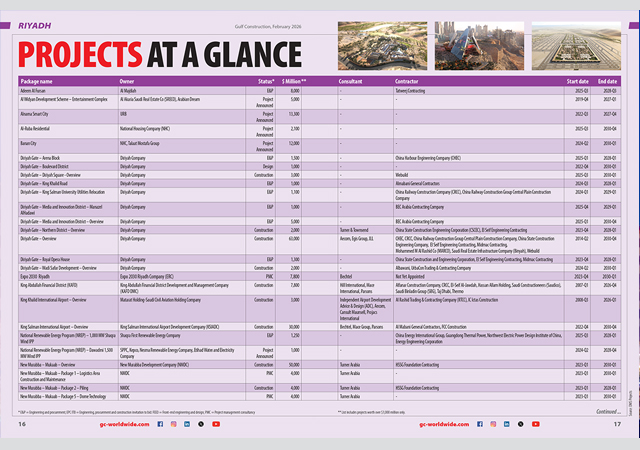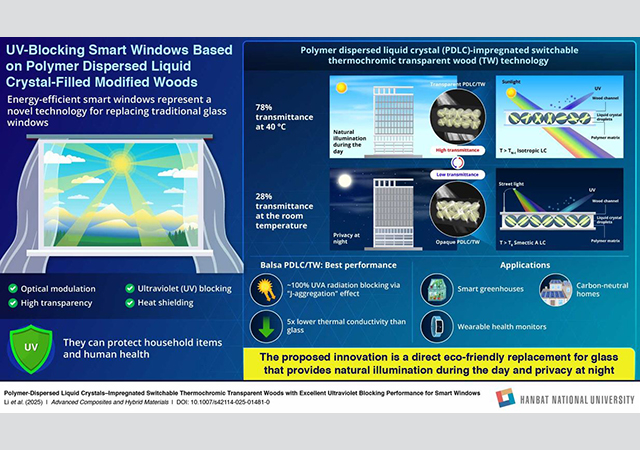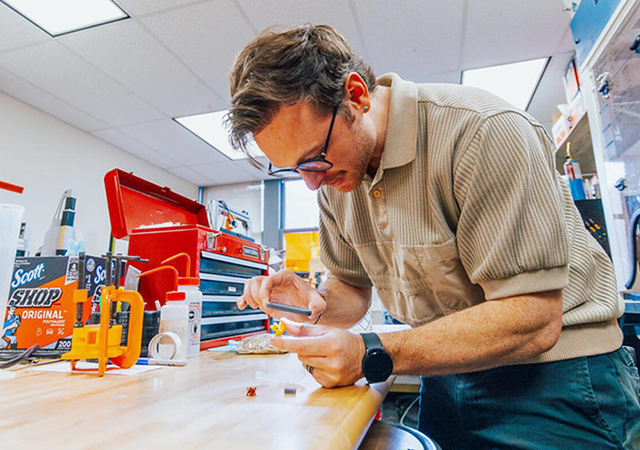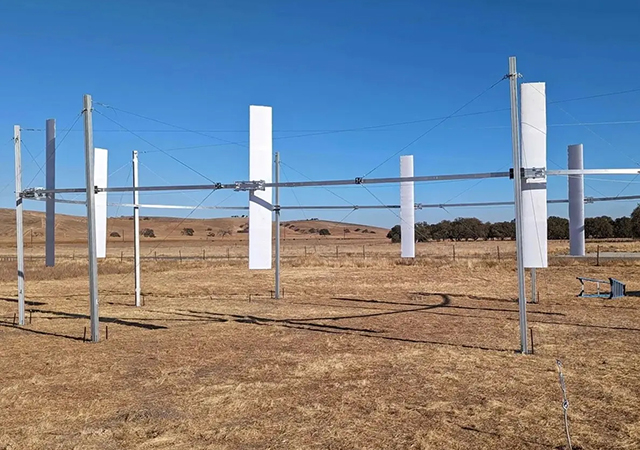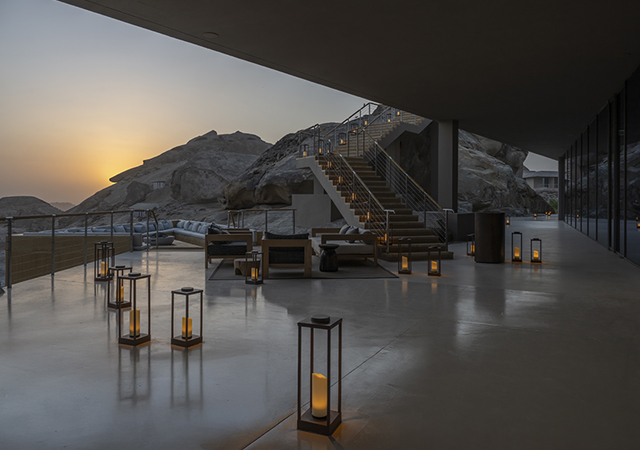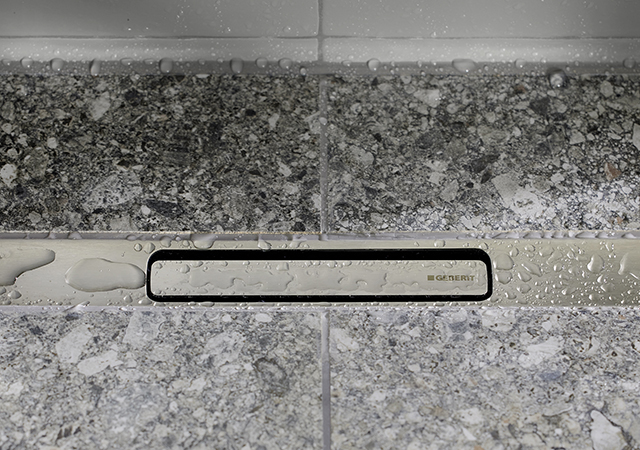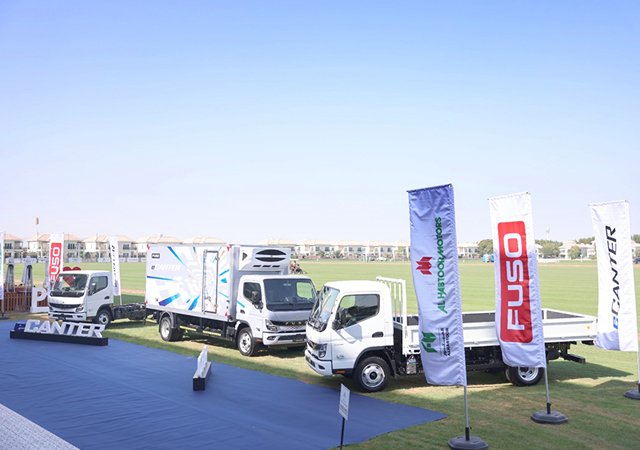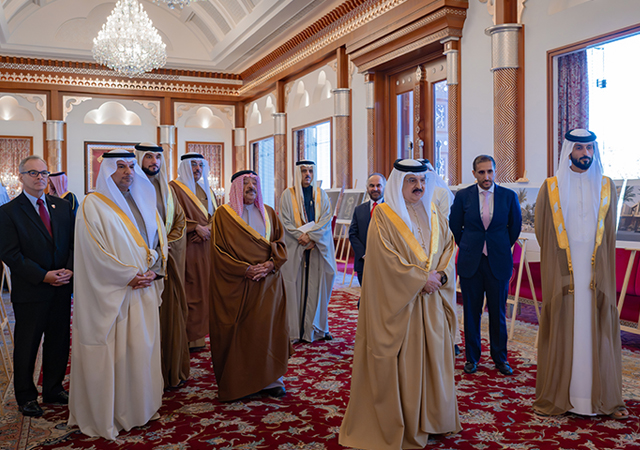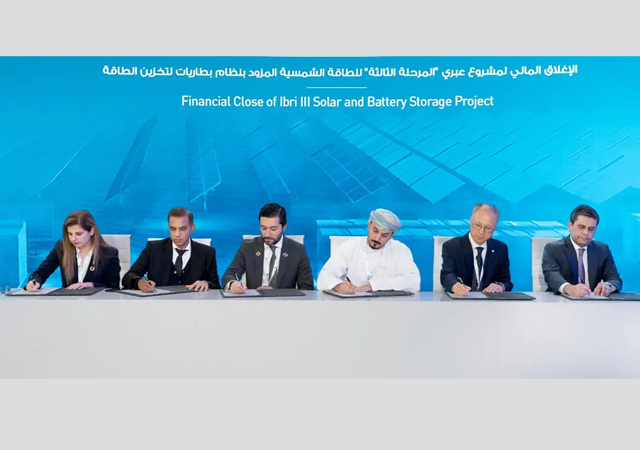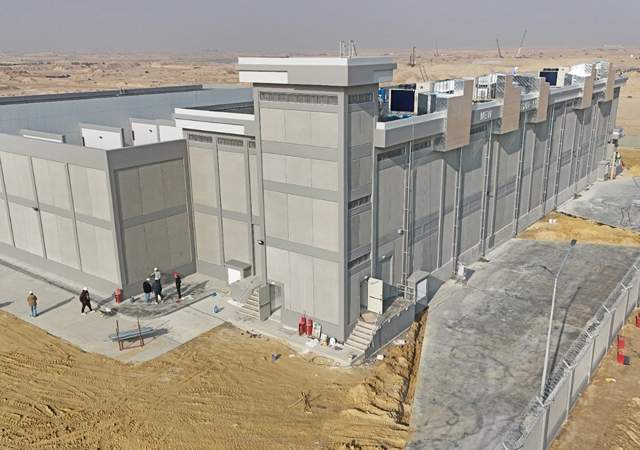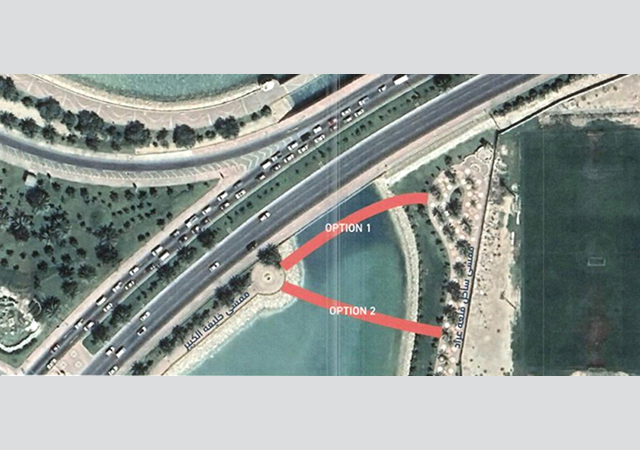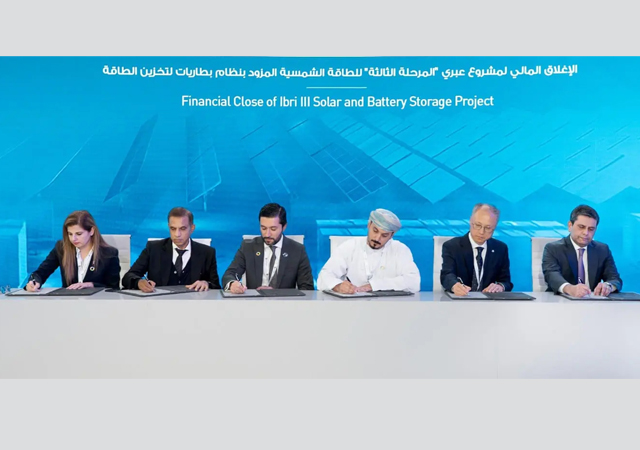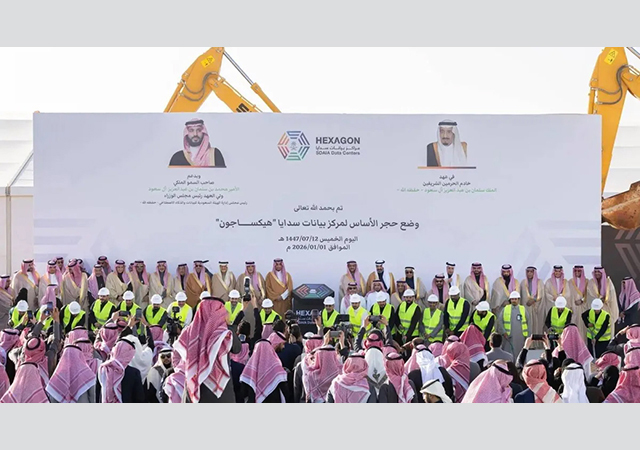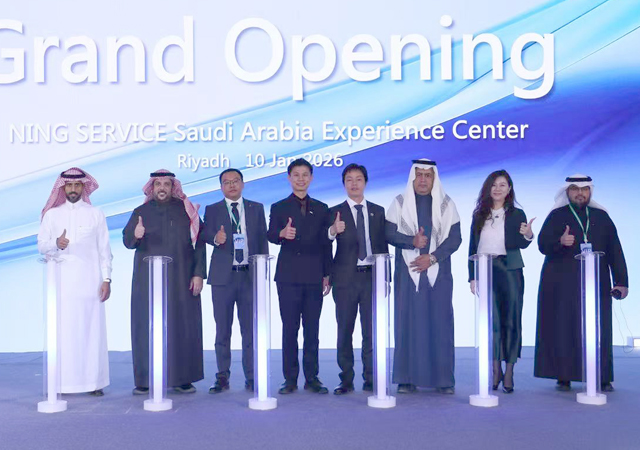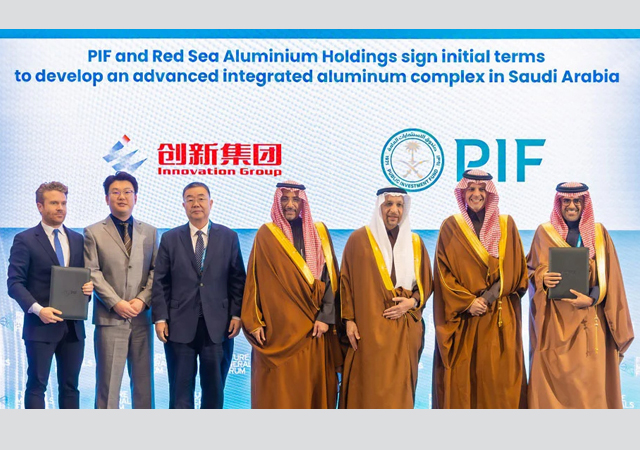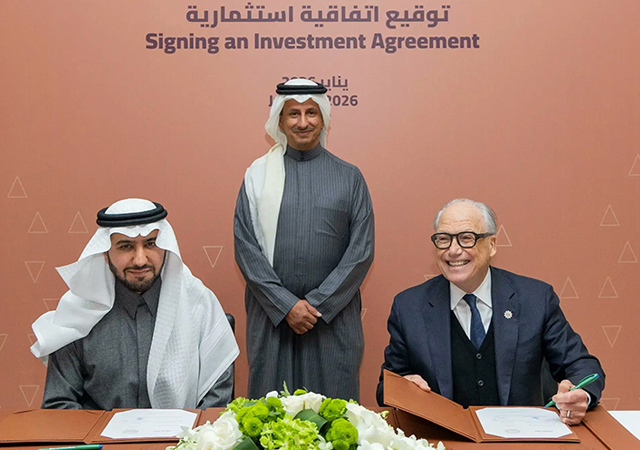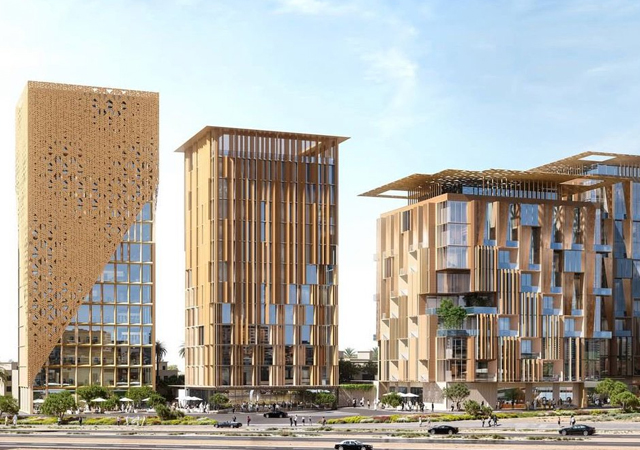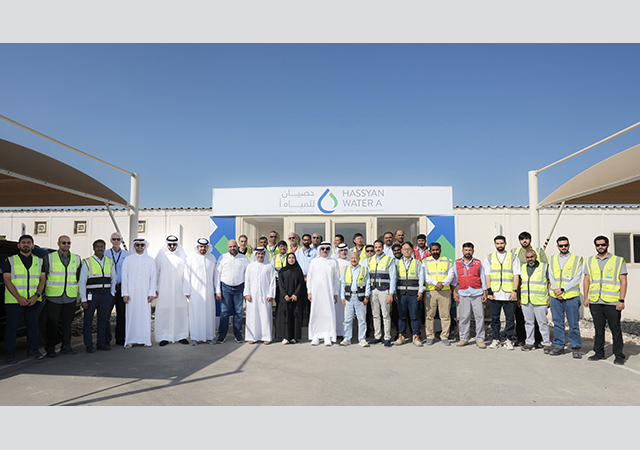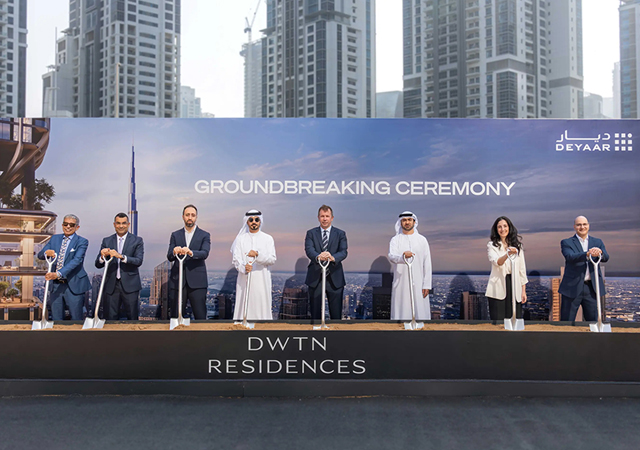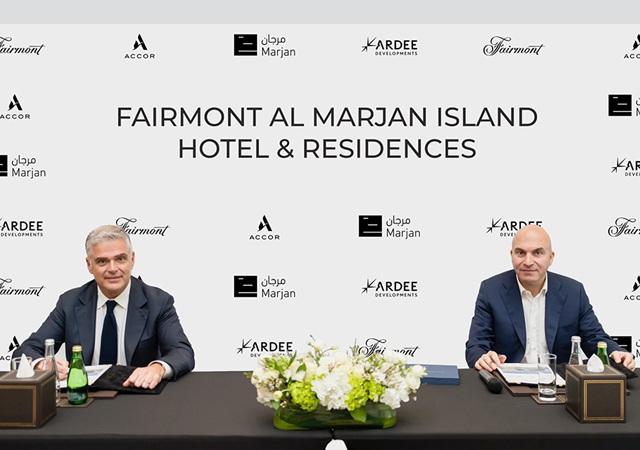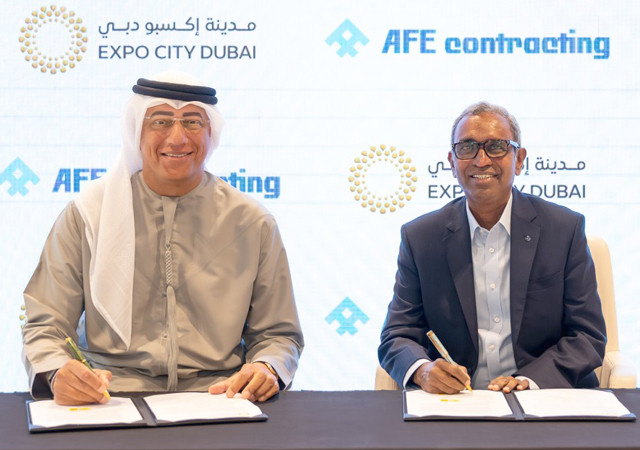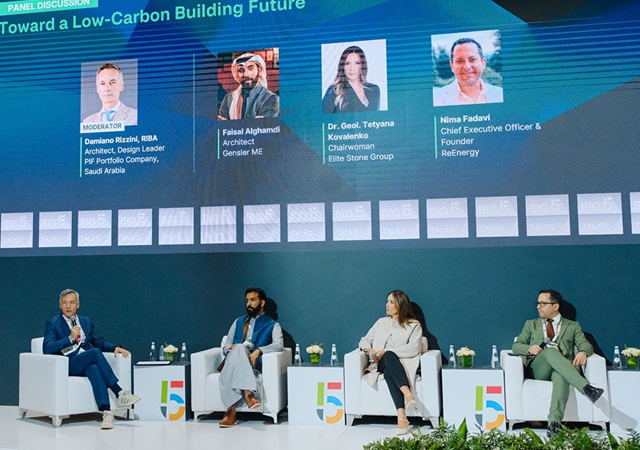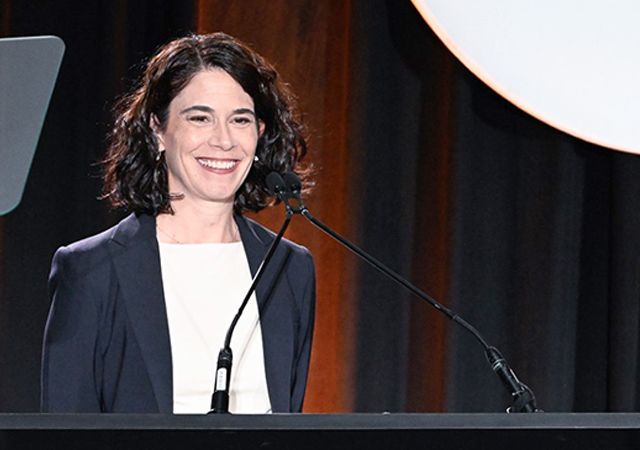

STUART JORDAN* provides an insight into resolving disputes through pre-action negotiations.
Disputes are a fact of life everywhere in the construction world. One aspect of disputes resolution is, however, very different in the Gulf, compared to other places. This centres on the way parties are able to negotiate before formal legal process begins; to see what the issues are, and whether they can be resolved.
There is an obvious benefit to this: frank and detailed discussions are more likely to lead to settlement without the necessity of formal proceedings. It is worth examining whether the legal framework – or indeed our own actions as an industry – are conducive to a culture of negotiation and settlement.
Construction has long been a place of innovation in disputes resolution: such aspects as arbitration, contractual adjudication and expert determination are well-established in construction disputes. They are written into contracts for good practical reasons on the basis of “What’s good is what works”.
One innovation we have seen elsewhere is specifically aimed at encouraging (indeed requiring) the parties to talk before triggering litigation. Courts in England and elsewhere have developed semi-formal pre-action processes, which require parties to communicate with each other to set out their respective cases before commencing the litigation.
The Pre-Action Protocol for Construction and Engineering Disputes has been in place since 2000. The required process is not unlike litigation or other disputes process: there is a timetable for statements of demand, statements of defence and/or counterclaim, and for a meeting. The parties are expected to put their respective positions and respond to their opponent’s case in an organised and detailed way so that each party’s case is tested in more or less the same way as it would be in litigation or arbitration.
If discrete issues can be resolved, they can be removed from the argument. If issues cannot be resolved then, at least, they will have been “matured” in the process and can be dealt with more efficiently in the litigation which follows. Courts will not refuse to take a dispute where the Protocol has not been followed by one or both parties, but it has discretion to take that failure into account when deciding liability for legal costs.
The Protocol has been successful in its aims although it is not without drawbacks. There has been a tendency to use the process tactically, with defending parties arguing endlessly (as a delaying ploy) that the Protocol hasn’t been followed to the letter. Courts have recently tried to deal with that, making clear that the Protocol is to be followed in a practical sense and is not another stick for parties to hit each other with. The process is also quite demanding and, therefore, costly. Parties who proceed to litigation will repeat (at least in part) the work done when they plead their claims and defences again, without the prospect of recovering all the costs of doing so.
Whether through an imposed Protocol or informal discussion, the ultimate goal of pre-action negotiation (for the parties, if not the lawyers!) is, of course, to settle the dispute. That requires at least one of the parties to make an offer, and here we run into the biggest practical obstacle in the Gulf, which is the potential for any offer or concession in negotiation being used against the person who made it.
In common law jurisdictions, negotiation is protected by the doctrine of “without prejudice” communications. This means that statements made in a genuine attempt to settle a dispute (including offers and concessions) cannot be disclosed to any court or other tribunal later deciding that same dispute. This doctrine has developed as a matter of public policy as it is obviously in the interests of the parties to be able to have frank and detailed discussions. It is not an absolute rule and does not cover everything passing between parties. Parties sometimes have made the mistake of thinking that everything labelled “without prejudice” is protected. Such a label is evidence only of that party’s wishes on how the communication is treated. On the other hand, statements made in a genuine attempt to settle are protected with or without the label.
The situation in the UAE could not be more different in terms of public law. Article 63 of the UAE Civil Code states that “A person shall be bound by his admissions” which is a pretty clear statement of principle. This is in line with other Gulf jurisdictions which generally do not recognise the doctrine of “without prejudice” communications.
So what can be done to keep offers and admissions from being used against their maker? There is no easy fix. Certainly, the idea of just attaching the “without prejudice” label to the top of letters, is even less effective in the Gulf than in England.
Some parties have relied on legal professional privilege and have kept all communications between lawyers. In my view, this plan doesn’t take into account the passing of those communications to and between others, nor the fact that such privilege (as we know it) is only owed by a lawyer to his or her own client.
One aspect of commercial dealings which is well-established and strongly protected in the region is contractual confidentiality. Communications received and held under confidentiality obligations have to be dealt with in that way. Again, simply labelling something as confidential does not make it so, but parties can try to create confidentiality obligations before negotiations begin, through the exchange of mutual non-disclosure undertakings.
Alternatively, parties may simply decide not to write anything down until the full settlement is reached.
Protection is difficult to achieve and might need a combination of measures, depending on the nature of the negotiation. So take care and take advice.
• Stuart Jordan is a partner in the Global Projects Group of Baker Botts, a leading international law firm. Jordan’s practice focuses on the oil, gas, power, transport, petrochemical, nuclear and construction industries. He has extensive experience in the Middle East, Russia and the UK.





